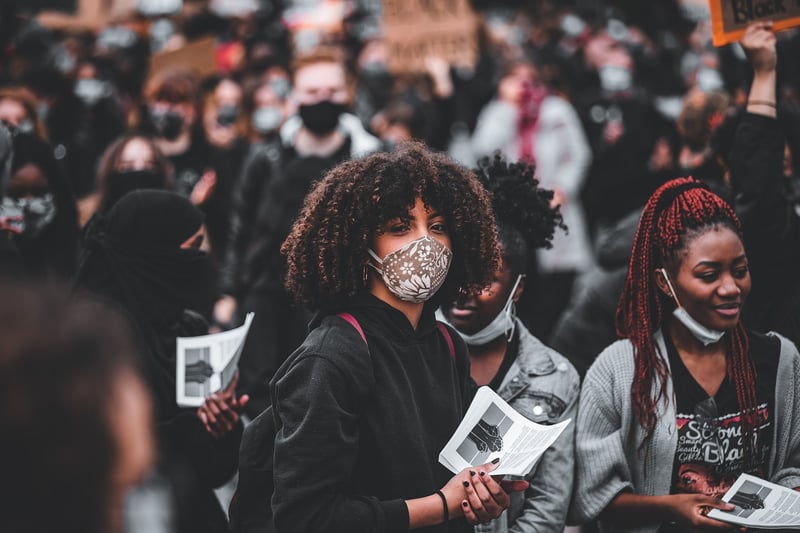Historical Events
Exploring Different Time Periods and Historical Events
History is a fascinating subject that allows us to delve into the past and understand how events have shaped the world we live in today. Each time period is marked by significant historical events that have had a profound impact on society, culture, and civilization as a whole. Let's take a journey through some key time periods and the events that defined them.
Ancient Civilizations
Ancient civilizations like the Egyptians, Greeks, Romans, and Mesopotamians laid the foundation for modern society. The construction of the pyramids in Egypt, the development of democracy in Greece, the rise and fall of the Roman Empire, and the invention of writing in Mesopotamia are just a few examples of the remarkable achievements of these early societies.
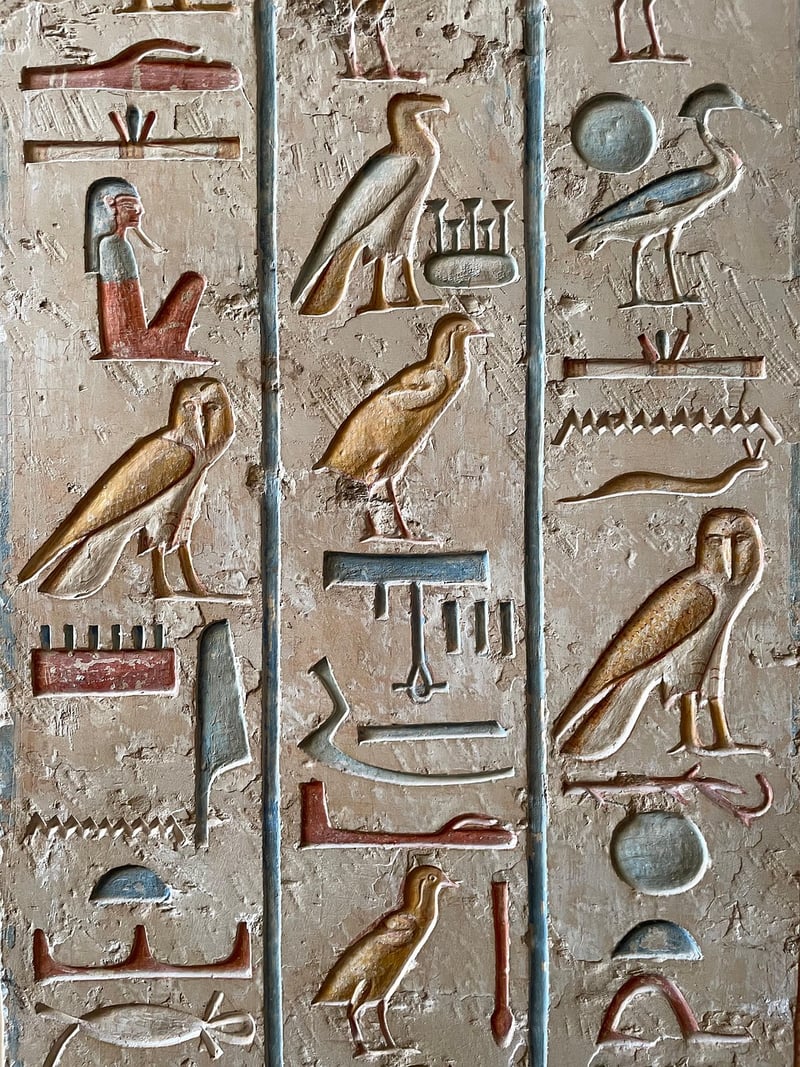
The Middle Ages
The Middle Ages, also known as the medieval period, spanned roughly from the 5th to the 15th century. This era saw the rise of feudalism, the spread of Christianity, the construction of magnificent cathedrals, and the tumultuous events of the Crusades. The Black Death, a devastating pandemic that swept through Europe, also left a lasting impact on the medieval world.
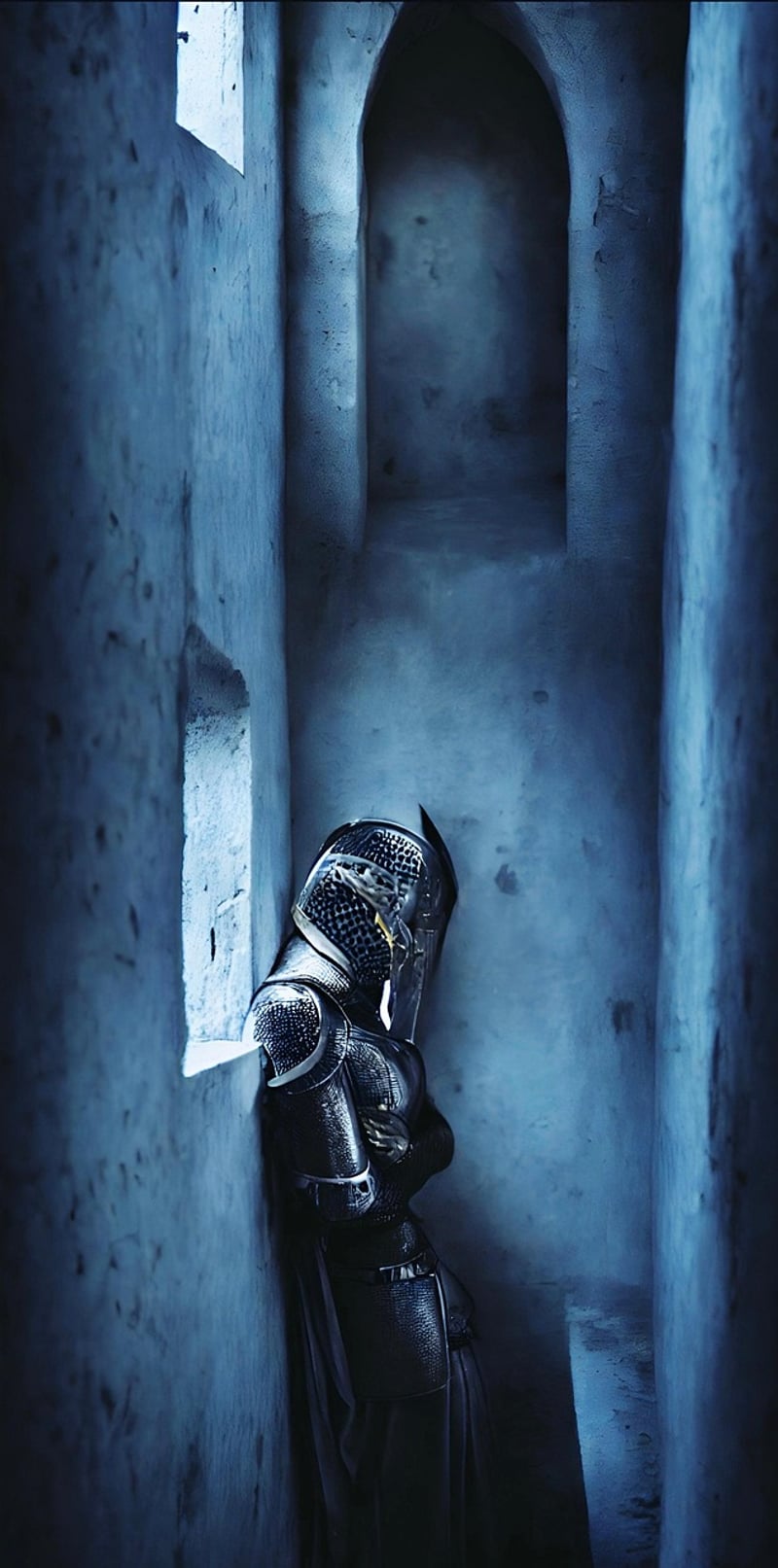
The Age of Exploration
The Age of Exploration, which began in the 15th century, saw European explorers like Christopher Columbus, Vasco da Gama, and Ferdinand Magellan set sail to discover new lands and trade routes. This period led to the Columbian Exchange, the transatlantic slave trade, and the eventual colonization of the Americas, Africa, and Asia.
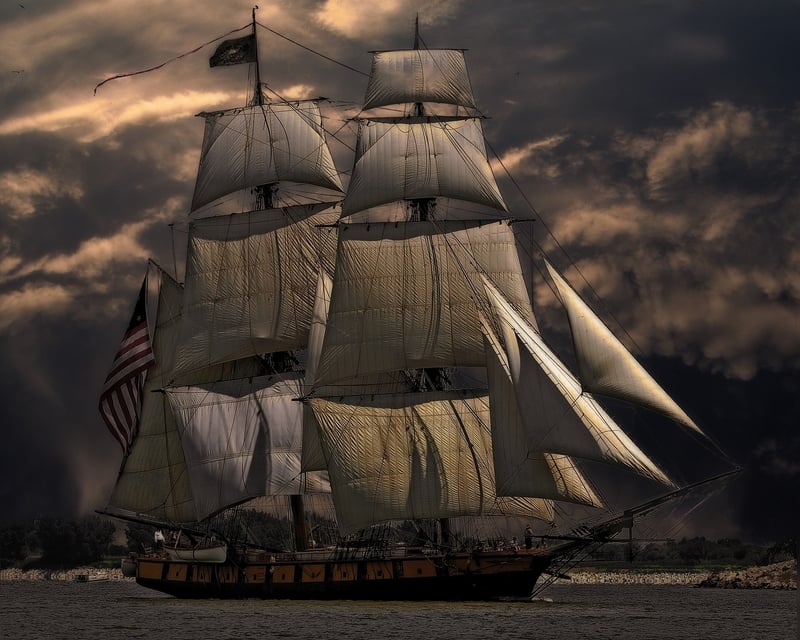
The Industrial Revolution
The Industrial Revolution, which took place in the 18th and 19th centuries, marked a significant shift from agrarian societies to industrialized nations. Key inventions like the steam engine, spinning jenny, and telegraph revolutionized production, transportation, and communication, leading to urbanization and social change on a massive scale.
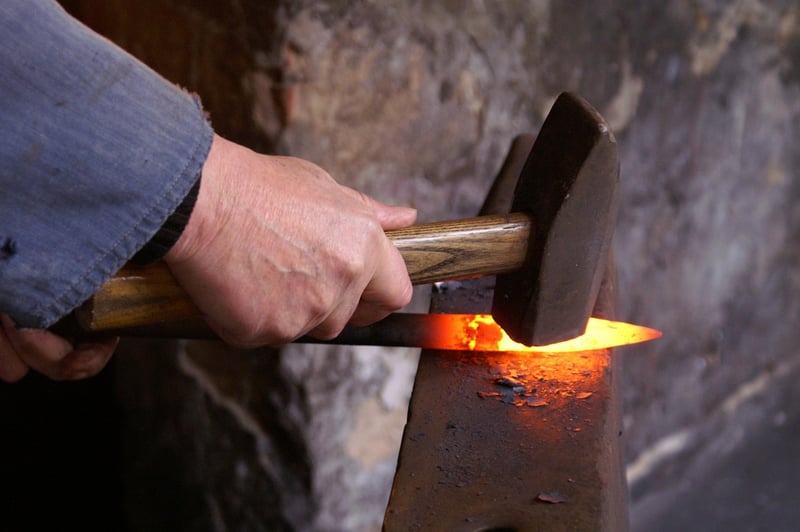
World Wars
The 20th century was marked by two devastating world wars that reshaped the geopolitical landscape. World War I, with its trench warfare and chemical weapons, was followed by World War II, which saw the horrors of the Holocaust and the use of atomic bombs. These conflicts led to the founding of the United Nations and the beginning of the Cold War.
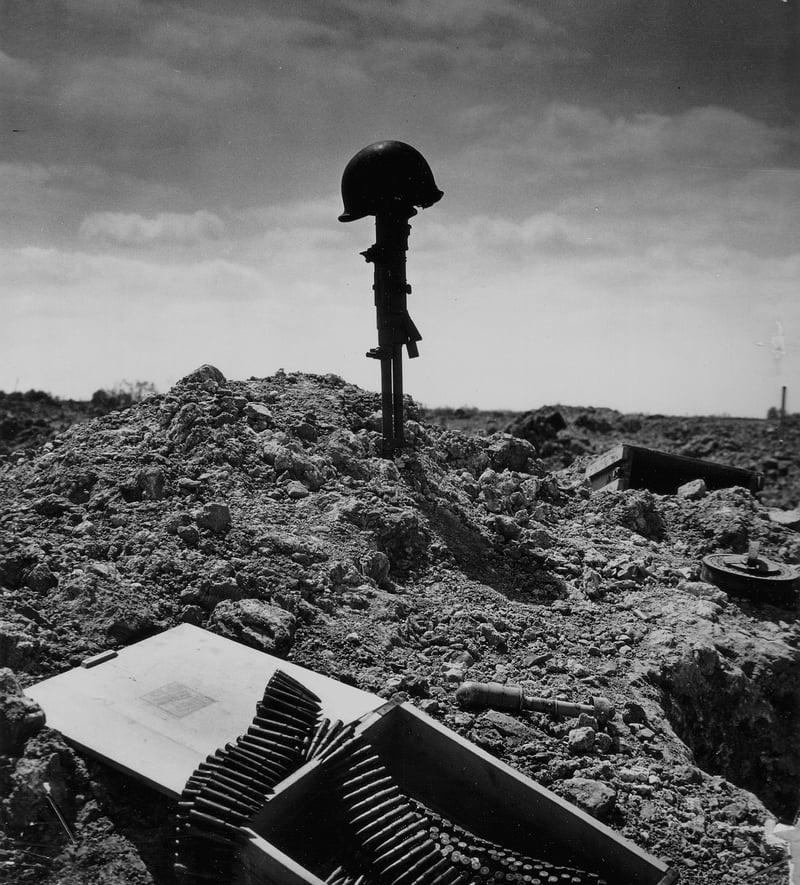
Exploring different time periods and historical events allows us to gain a deeper understanding of the world we live in today. By learning from the triumphs and tragedies of the past, we can shape a better future for generations to come.
